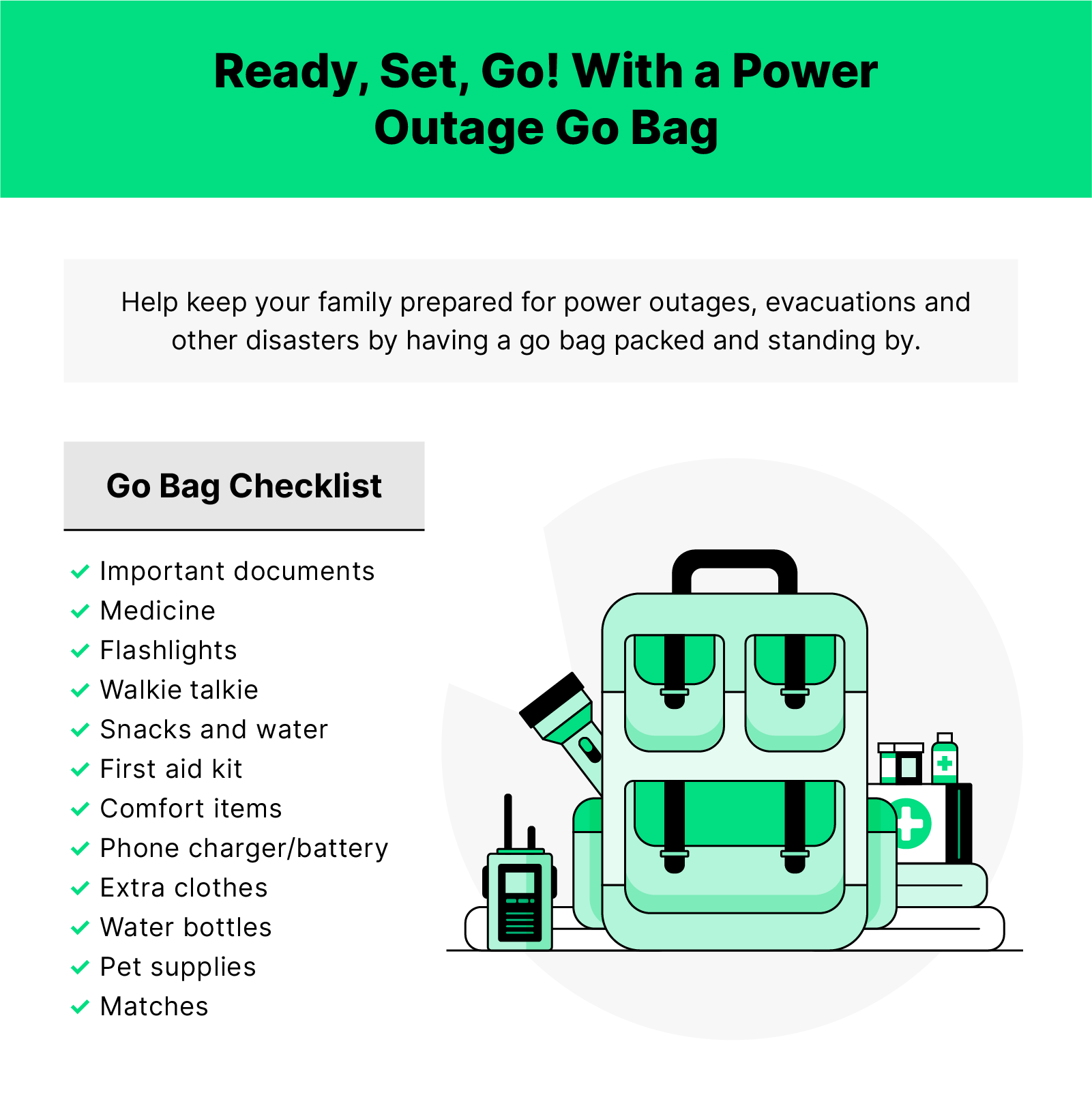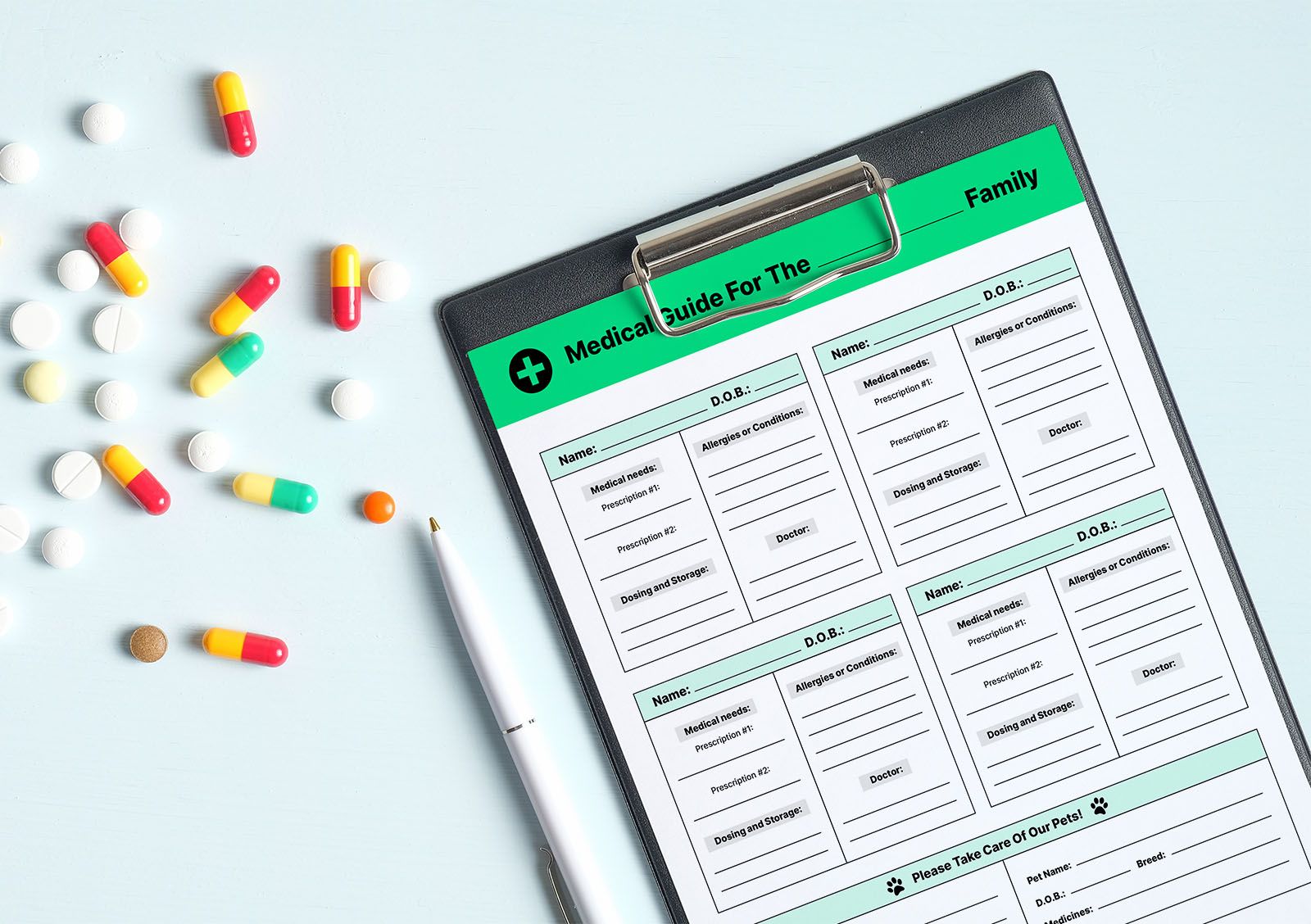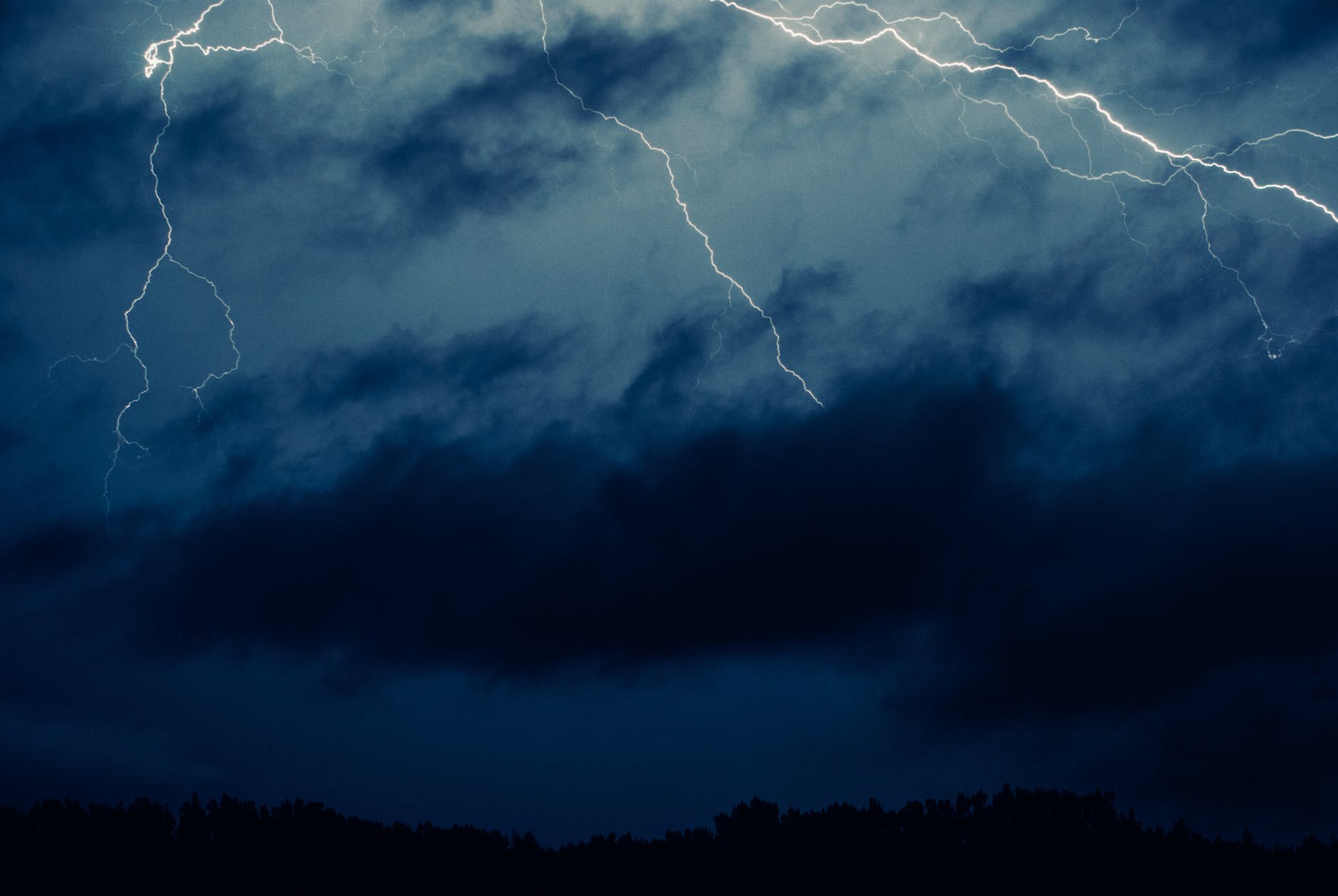With more people staying at home during the pandemic, chances are higher that a power outage will catch you while you’re at home!
You may be at home peacefully one day, until a power outage happens. No matter where you live, it’s never a bad idea to have an emergency plan. In the case of a power outage, there are any number of situations you could encounter. From dealing with damaged electrical appliances to running out of food to ensuring your family’s well being, there are quite a few important things to keep track of.
Luckily, power outages have been around long enough that we know how to prepare for them. The following is a recommended list of how to make sure your home is safe for a power outage.
Keep yourself updated
We may not know exactly when something is going to happen, but checking in with the weather channel periodically is important to know your surroundings. Especially if you live in a remote area or somewhere that is prone to heavy storms, make sure you stay informed so that you aren’t caught off guard.
Make sure your smoke and carbon monoxide detectors are working properly
Though this may come as a surprise for some, problems related to smoke or carbon monoxide leaks can potentially affect the electrical wiring of the house. Outside of possible outages, smoke leaks can also be extremely hazardous to human health when ingested over extended periods of time.
Luckily, there are many state-funded non-profit organizations that can assist with fully or partially subsidized smoke detector installations all over the country. One of these is the American Red Cross, and runs multiple ongoing campaigns to help protect the nation’s households from domestic fires.
Have a generator handy
There may be many people who believe that they will never need a generator at home, until they do. Having a generator on deck is one of the best ways to make sure you have power for all your household needs to be met, in the case of an emergency.
This is highly recommended for those who have family members with medical health concerns and are dependent upon hospital machinery at home to stay alive. Keeping a generator handy could quite literally be the difference between life and death for some, or having to go without power to sustain your food or access to the internet or a telephone to dial 911.
Keep the gas tank full
Whether you need to make a run for the hospital or drive to stay with your closest relatives, keeping your gas tank full is probably one of the best things you can do to stay protected from being stranded during a power outage. In the case that you have to decide whether to stay at home or go somewhere else that might be safer, making sure your tank is full will enable you to have more flexibility.
Stock up on non-perishables
When the power goes out, it’s nice to know that keeping yourself and your family fed is the least of your worries. Making sure you are well stocked on non-perishables can make a world of a difference in a stressful situation. Dried fruits, nuts, and certain canned goods will come in handy if your refrigerator goes out for an extended period.
Create an emergency getaway bag
Every family’s needs are unique. When unexpected circumstances arise, having a getaway bag packed and ready will keep you prepared should you need to evacuate your home. Keeping some essentials like extra water bottles, flashlights, a change of clothes, and any important documents, such as passports or birth certificates in a ready to go bag will take the stress away from an already tense situation.

Make sure your home has surge protection
Sometimes, power outages come with surges that damage your household devices. Instead of risking damage to your home computer, tv, or other everyday appliances, simply add in some surge protection extension cords or power strips to save you time and money in the long run.
Make sure you have comfy items handy and ready to go
When a power outage hits, it can be very stressful and uncomfortable, especially for younger children. Having a few of their favorite toys, games, pillows, blankets or stuffed animals can help ease their worries.
Keeping these items easily accessible can help make a world of a difference in how the event is framed. Is this a scary situation, or an exciting opportunity to make shadow puppets on the wall? Keeping the mood fun and lighthearted will keep less focus on the lack of power and more focus on enjoying each other’s company.
Have light source alternatives
You may have everything else packed and ready, but without a reliable source of light, it will be a tough task finding your way around! Flashlights with dead batteries, matches that won’t light, and candles that have reached their end can all get in the way when the moment strikes.
For this reason, it’s good to have a few backups. Having a designated shelf or bag in your home with alternative light sources, such as extra batteries, backup candles or lighters will be a huge relief when the lights go out. The last thing you want is to find that the two or three light source alternatives you thought were ready to go are not in the shape you thought they’d be.
Have a medical aid kit
Whether you have members of your family with long term illnesses or just have energetic children who are prone to accidents, having a medical kit prepared can be one of the most important things you can do in case of an emergency.
Keeping the essentials close at hand is the perfect solution to an unexpected injury. First aid supplies are important, but it’s also a good idea to have an updated supply of any regularly taken medications, along with dosage instructions and prescription information.

With more people staying at home during the pandemic, chances are higher that a power outage will catch you while you’re at home! Keeping your home safe and prepared with these tips can make your life that much easier when disaster strikes. In the case that anything more serious happens to your home during a storm or any other kind of emergency, it’s a good idea to check in with your home insurance provider, to make sure you have the coverage you need. For more information, check out the graphic below.



Join the conversation!